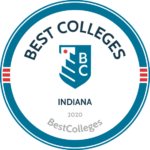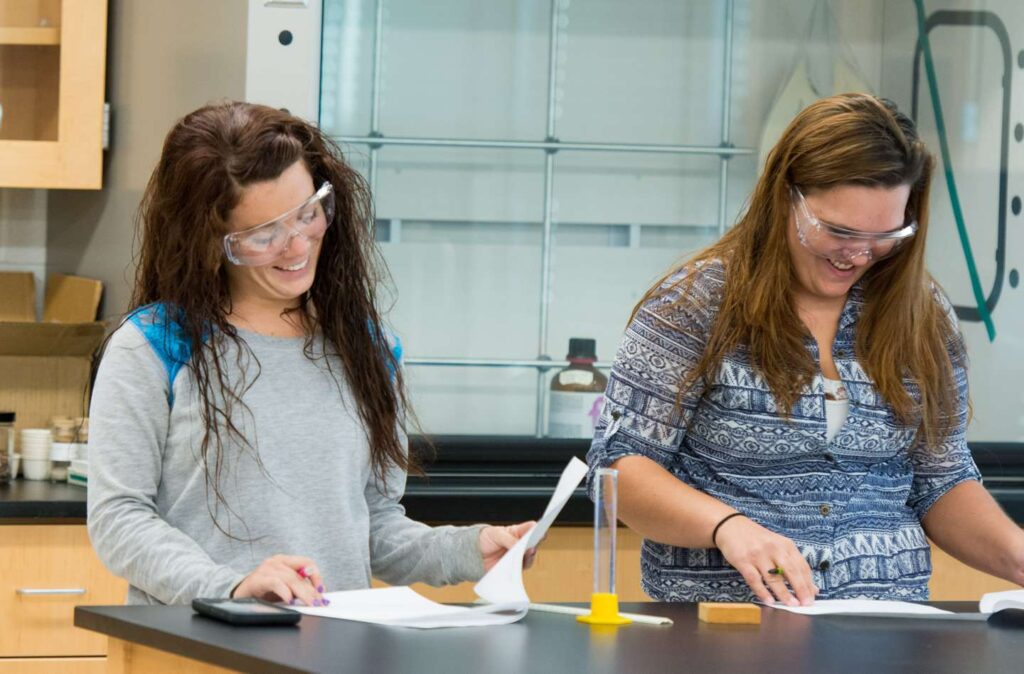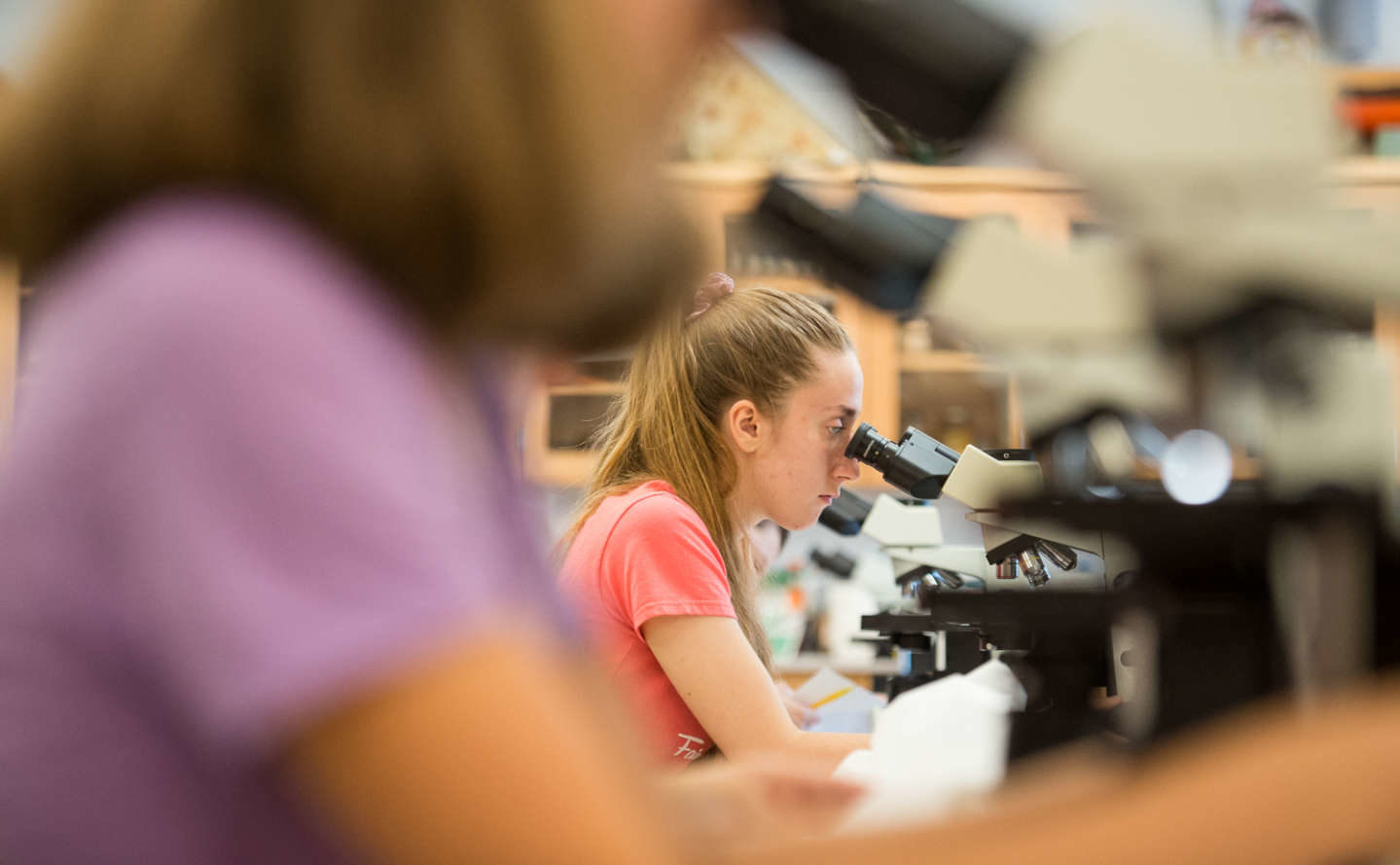
Biology Degree Program
A bachelor’s degree in biology from Saint Mary-of-the-Woods College (SMWC) prepares you to pursue careers in areas such as biology, ecology, genetics, immunology, microbiology, physiology and public health, and/or pursue a medical or graduate degree, as well as pursuing a teaching license. If you enjoy learning about life processes, living organisms and the natural environment, a biology degree from SMWC is the right choice for you.
Bachelor of Science (B.S.) in Biology Overview
Our biology program is designed to provide students with a strong foundation in the biological sciences, preparing them for a wide range of career paths in fields such as healthcare, research, conservation and education. Our degree programs provide the flexibility to lead you to the career of your dreams. With your professional advisors helping you along the way, you can mix and match majors and minors to get the perfect degree tailored to you and your career aspirations. Plus, you’ll graduate with a strong foundation in liberal arts.
In our small, open classrooms, you’ll receive personalized interaction with your experienced professors and gain hands-on experience conducting laboratory and field research. Our professors hold terminal degrees and have diverse experience in education, research and industry fields. You will learn such topics as bioethics, principles of biology, physiology, ecology and science communications.
Degree curriculum – Credit hours vary depending on concentration
Minor curriculum – 20 credit hours
Students pursuing an undergraduate degree in biology at SMWC choose a concentration for their studies in one of three areas, in order to specialize in the field that interests them most:
General –
The Biology concentration is a general major that includes a breadth of study in the many areas of biology in the context of the liberal arts tradition of the College. The curriculum includes required courses to ensure that students have the knowledge and skills for entry-level jobs in the field and/or graduate study and elective courses which allow students to tailor the major to their interests. Small classes, lectures, seminars and hands-on laboratory experiences are associated with most courses, aiding in developing problem-solving and critical-thinking skills.
Biostatistics –
For students that are interested in using their knowledge of biology to analyze biological and health data, the Biostatistics concentration will help develop skills in statistical methods and data analysis. This will aid students in their ability to investigate urgent research questions in medicine, biology, and public health.
Pre-Professional –
Students who are interested in medical, dental, veterinary, pharmacy, physical therapy and other allied health careers are encouraged to pursue the Pre-Professional Studies concentration. This concentration provides the preparation necessary for students to apply to professional programs in the aforementioned advanced areas of study and to successfully complete the appropriate admissions examination [i.e., the Medical College Admissions Test (MCAT) to enter med school]. Developing the ability of each student as a creative problem solver for the scientific age is the goal of the department.
FAQs
What is biology?
Biology is the study of all things living. At SMWC, you’ll study a wide range of biology topics, from the structure and function of cells and organisms to the ecology and evolution of living systems, giving you a well-rounded knowledge base. You can study biology at the molecular, cellular, organismal and ecosystem levels, all while developing your abilities as a technical problem-solver.
Why get a degree in biology?
A bachelor’s degree in biology sets you up for success whether you want to move on to a professional degree program, do research in a lab or have a foundational understanding of biology for a job in business. Growing markets like pharmacy depend on a thorough understanding of biology. Our students have the opportunity to work on professional-level research projects with faculty members and gain practical experience before entering the field.
What can you do with a degree in biology?
If you have a bachelor’s degree in biology, there are several different paths you can take in your post-grad career. Students may decide to go on to medical or graduate school or go straight to work in the field. Biology jobs include laboratory work in a number of industries, including pharmaceuticals, food, and agriculture. Some other opportunities include:
- Medicine
- Doctor of medicine
- Physicians assistant
- Dentistry
- Pharmacy
- Optometry
- Physical therapy
Remember, adding a double major or a minor can help prepare students for a variety of jobs. You could also choose to pursue a teaching license for grades 7 through 12 in middle/high school life sciences education. Students wishing to pursue large animal veterinary medicine may choose to also complete training in the campus equine studies area. Combining biology with other classes unlocks even more career opportunities:
- Biology teacher
- Botanist
- Ecologist
- Environmental protection officer
- Microbiologist
- Pharmaceutical sales
- Physiologist
- Research technician
- Scientific photographer
- Zoologist
Here are a few companies graduates have gone to work for after receiving their biology degree from SMWC:
- Federal Aviation Administration
- Eli Lilly and Company
- Rush Medical Center
- Dow Chemical Company
- Mayo Clinic Hospital
Check out our blog 5 careers you can have with a biology degree
What is the average annual salary of someone with a biology degree?
According to the Bureau of Labor Statistics, employment of biological scientists is projected to grow 5% from 2019 to 2029. As you look at starting salaries, keep in mind that the cost of living and opportunities to move with a career or industry sector should also factor into your decision. The average wage for someone with a biology bachelor’s degree is $60,933 according to ZipRecruiter.com.
What support and resources are provided at SMWC?
The Learning Resource Center (LRC) provides exceptional, personalized learning resource services to encourage student success. The LRC offers help with a range of academic support services, including a writing center, tutoring, college success courses and more.
Saint Mary-of-the-Woods College is routinely ranked by US News and World Report among the Best Regional Universities in the Midwest and the Best Value Schools. Our departments are also routinely ranked for their individual degree programs.
See the SMWC Difference:
-
#8 Top Online Colleges in IndianaOnlineDegrees.com
-
Top College for AffordabilityScholarship360
-
 #7 Best Online Colleges in IndianaAccredited Schools Online
#7 Best Online Colleges in IndianaAccredited Schools Online -
 Historically Women’s Colleges in the U.S.Great Value Colleges
Historically Women’s Colleges in the U.S.Great Value Colleges -
 Best Colleges in IndianaBest Colleges
Best Colleges in IndianaBest Colleges -
 #8 Best Online Colleges in IndianaOnlineU
#8 Best Online Colleges in IndianaOnlineU -
 Easiest AdmissionsIntelligent
Easiest AdmissionsIntelligent -

 #7 The Best Online Colleges in IndianaThe Best Schools
#7 The Best Online Colleges in IndianaThe Best Schools -

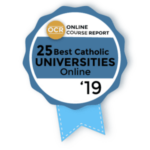 The 25 Best Online Catholic UniversitiesOnline Course Report
The 25 Best Online Catholic UniversitiesOnline Course Report -


 #5 Best Affordable Schools in Indiana for Bachelor’s DegreeAffordable Schools
#5 Best Affordable Schools in Indiana for Bachelor’s DegreeAffordable Schools -

 #10 Best Online CollegesCenter for Online Education
#10 Best Online CollegesCenter for Online Education -

 CPN Seal of PreventionCampus Prevention Network
CPN Seal of PreventionCampus Prevention Network -
Best Online Colleges & Schools in IndianaStudy.com
-






 Best Regional Universities in the MidwestU.S. News & World Report
Best Regional Universities in the MidwestU.S. News & World Report -

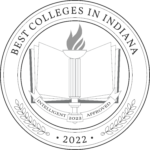 #6 Best Colleges in IndianaIntelligent
#6 Best Colleges in IndianaIntelligent -






 Best Online Bachelor's ProgramsU.S. News & World Report
Best Online Bachelor's ProgramsU.S. News & World Report -

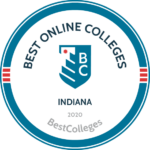 #6 Best Online Colleges in IndianaBest Colleges
#6 Best Online Colleges in IndianaBest Colleges -
#9 Schools Ranked by Student-Faculty RatioOEDb
-


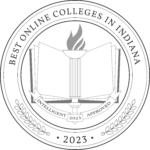 #6 Best Online Universities and Colleges In IndianaIntelligent
#6 Best Online Universities and Colleges In IndianaIntelligent -






 Least Debt - Regional Universities MidwestU.S. News & World Report
Least Debt - Regional Universities MidwestU.S. News & World Report -
Top Adult Degree ProgramsAbound
-

 #2 Best Online Colleges in IndianaValue Colleges
#2 Best Online Colleges in IndianaValue Colleges -

 #5 Online Colleges in IndianaGreat Value Colleges
#5 Online Colleges in IndianaGreat Value Colleges -

 Designated Military Friendly SchoolMilitary Friendly
Designated Military Friendly SchoolMilitary Friendly -

 25 Best Online CollegesBest College Reviews
25 Best Online CollegesBest College Reviews -






 Top Performers on Social MobilityU.S. News & World Report
Top Performers on Social MobilityU.S. News & World Report -


 #2 Best Affordable Catholic Colleges with Online Bachelor’s DegreesAffordable Schools
#2 Best Affordable Catholic Colleges with Online Bachelor’s DegreesAffordable Schools -






 Economic Diversity - Regional Universities MidwestU.S. News & World Report
Economic Diversity - Regional Universities MidwestU.S. News & World Report -






 Best Value SchoolsU.S. News & World Report
Best Value SchoolsU.S. News & World Report


